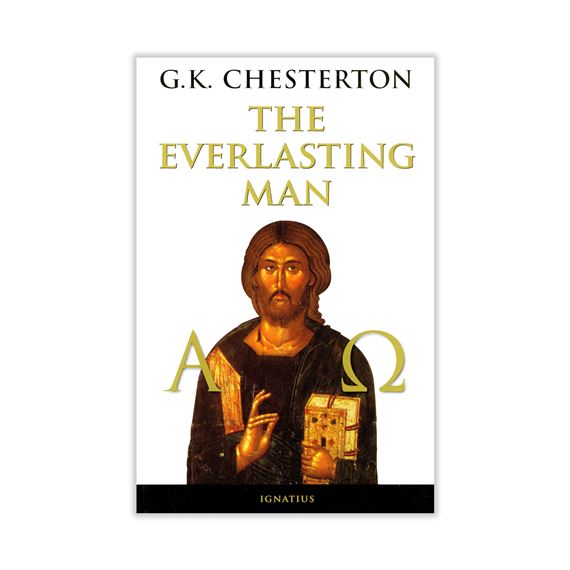

It’s full of clever turns of phrase that for some are too clever by half, of metaphors that thunk the reader on the head with a cognitive meat ax. I’ve come across finicky folks who find his writing a bit too rich and a tad too wild. Conversely, when Chesterton notes that the Church has “died” at least five times throughout her history (we postconciliar kids can chalk up six and call it even), he makes the wild surmise that she will rise again - and you’re tempted, despite all evidence, to believe him.Ĭhesterton’s prose is like a steaming bowl of Creole turtle soup with a dash of sherry - an acquired taste.

You wonder how things will turn out in the end, and quake as Herod’s riders thunder over the cave that holds a manger.

For instance, reading Chesterton’s retelling of the Nativity, one somehow feels suspense. With the deft hand of a pickpocket, the convert nabs this narrative from 2,000 years ago and makes it new - indeed, he makes it news. In prose that’s heavy with paradox, Chesterton strips off the yellow crust of cultural varnish that renders in meaningless sepia the flabbergasting figure of Jesus Christ. He takes that queer beast, the pipe-smoking scholar of comparative religions, and holds him up by the tweed to the light of day - to find him much stranger in his way than any of the wine-god’s “bacchantes gone wild.” Where Wells tried to explain away, through airy appeals to evolution, man’s sense that he is unique among the animals and his chronic craving for God, Chesterton decides instead to squat beside the caveman and try to suss out the anthropologists. will have to go.” So much for Wells’s liberality, and powers of prediction.) (He also predicted that progress and contraception would lead at last to an all-white planet, opining once that “those swarms of blacks, and brown, and dirty-white, and yellow people. Wells - a novelist who turned in serious moments from science fiction to fictional science. The book was written in answer to The Outline of History by H. The audience for this apologetic is a reading public not so different from our own - composed in large part of lazy ex-Christians, hazy post-Christians, New Age skeptics, old-fashioned modernists, and wistful, romantic materialists. A roistering tale of earthly life, and its fitful pilgrimage from the primordial ooze up through the conversion of Evelyn Waugh, The Everlasting Man is the ale-drinker’s answer to Hegel. In this easy book of medium length, Chesterton tries the impossible - and nails it. When your package arrives, settle into a comfy chair with a decent supply of monastic beer, because you’re in for a wild ride. If you don’t know the book, stop reading now. One of the books I’m teaching this semester is a title that, over the years, I’ve found indispensable for my sanity, such as it is: G.


 0 kommentar(er)
0 kommentar(er)
